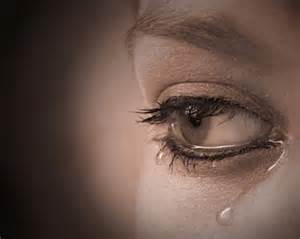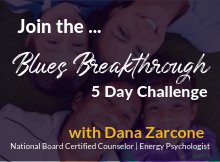Depression Statistics
You Are Not Alone

Depression Statistics
There are some very startling depression statistics. Learning the facts about depression can really help to normalize things for someone who is suffering from it. The most important thing you'll learn as you review these facts is that, if you are suffering from depression, you are not alone!
If you do think you might have a depressive disorder then you can take a depression test here on my site. In the meantime, take a look at the information below.
- Over 21 million Americans, and over 121 million people worldwide, suffer from depression each year
- Depression is more common, over 30%, in higher income countries including France, Netherlands and America
- China had low instances of depression at 12%
- Depression rates in India are staggering at 36%
- It is estimated that 1 in 5 Americans experience depression, bi-polar or another mood disorder
- Depression effects up to 25% of women and 12% of men
- Women are twice as likely to become depressed than men
- 3 out of 4 people that suffer from seasonal depression are women
- Up to 10% of mothers experience depression within a few weeks of giving birth
- 20% experience depression before adulthood
- Over 25% of Americans see depression as a sign of personal weakness compared to 2% that would say the same about cancer
- Over 2 million teens suffer from depression
- 30% of substance abusers also suffer with serious depression
- Elderly people are 5 times more likely to suffer from depression than younger adults
- Only 30% of people with depression actually seek treatment, which means 70% never get the treatment they need
- Over 80% of people who begin treatment will experience significant improvement within four to six weeks
- Approximately 15% suffering from severe depression commit suicide
- Over 2 million Americans over 18 suffer with manic depression (bipolar) each year
- The U.S. National Institutes of Health reports that in 2014, an estimated 2.8 million adolescents aged 12 to 17 -- about 11 percent of this population -- had at least one major depressive episode.
- The U.S. National Institutes of Health reports that in 2014, an estimated 15.7 million adults aged 18 or older in the United States. had at least one major depressive episode in the past year. This number represented 6.7% of all U.S. adults.
- Major depressive disorder is relatively common in kids and adolescents, with estimates suggesting it affects about 3 percent of children aged 6 to 12, and 6 percent of teens aged 13 to 18
- Serious depression is one of the leading causes of disability in America
- Major life events can contribute to the onset of depression such as death of a loved one, job loss, etc.
- There is a much higher risk if there is a family history of depression
- There are over 7 different types of depression
- New research published in The Lancet found that out of 14 antidepressants, only fluoxetine (sold under brand names Prozac and Sarafem) was more effective at relieving symptoms of depression in young people than a placebo pill. In contrast, taking venlafaxine (Effexor) was associated with an increased risk of suicidal thoughts and suicide attempts when compared to a placebo and five other antidepressants.
- In 2004, the U.S. Food and Drug Administration issued a "black box" warning for all antidepressant use in young people up to the age of 24 because of the risk the drugs may increase suicidal thinking and behavior. Still, the use of antidepressants in kids and teens is slowly rising. One study published in March of this year, also in The Lancet, found antidepressant use increased from 1.3 to 1.6 percent in U.S. children and teens from 2005 to 2012.
The most important take-aways for you should be that
- Depression is very common and nothing to be ashamed of!
- Depression is very treatable!
- You can feel better within just a few short weeks after starting treatment!
Now that you've learned about depression statistics, I invite you to go through this site and learn more facts about depression. Specifically, you'll learn about the different types of depression, causes of depression, different depression tests, and different medications, , how to deal with depression, various facts and the causes, depression treatments, and the symptoms of depression. Perhaps, more importantly, you'll learn how you can get support and help with depression so that you can begin to have a normal, happy, functioning life again!
You can look up additional depression statistics and information via the National Institute of Mental Health.
Return to Home Page










